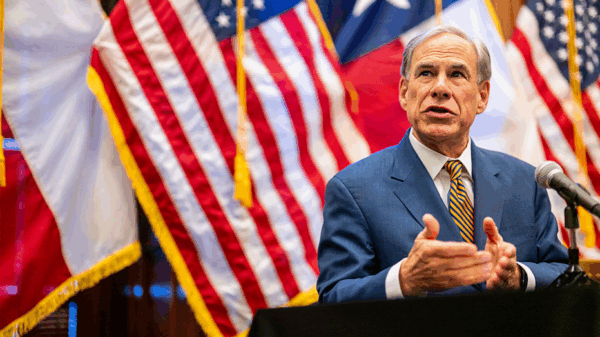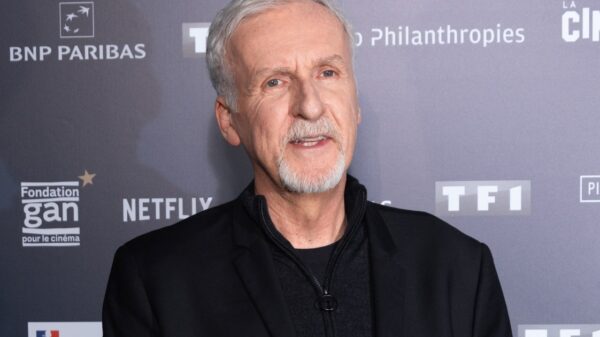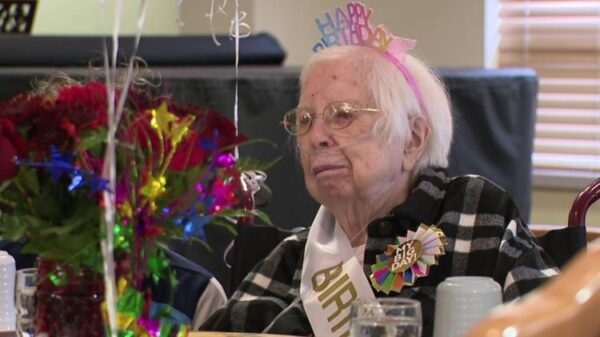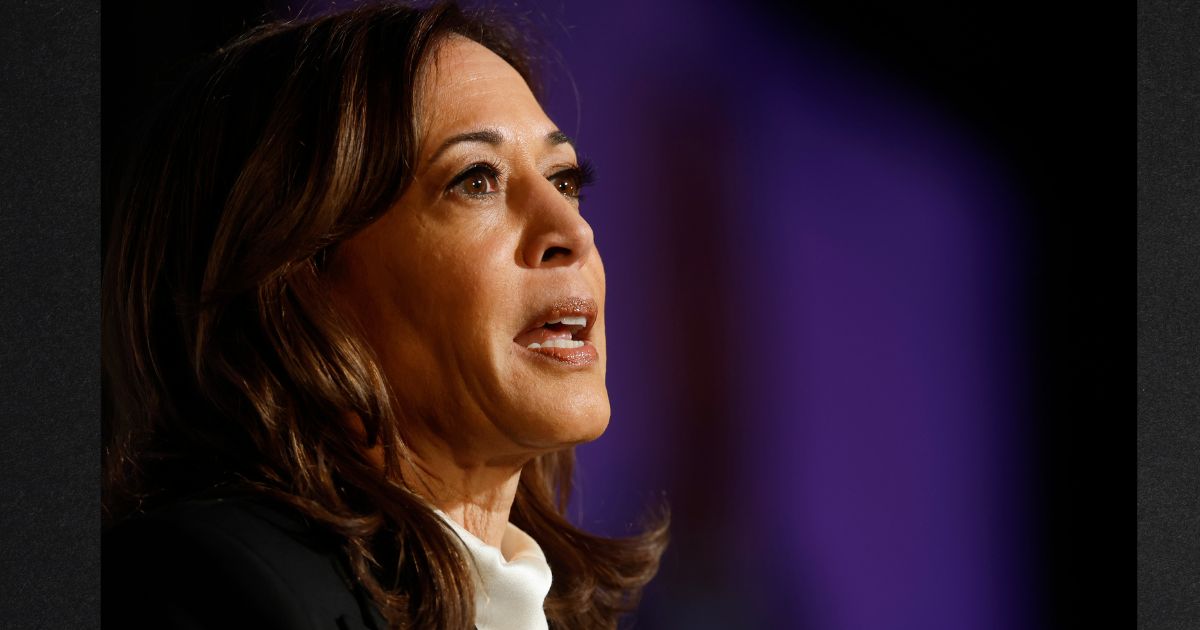Former Vice President Kamala Harris is facing backlash from within her own party following the release of her memoir, which recounts her unsuccessful presidential campaign and paints her as largely blameless for its outcome. Critics argue that the book, which they describe as “unhelpful and divisive,” could hinder her future prospects in the Democratic Party, especially as it gears up for upcoming elections.
In a critical assessment, Democratic strategist Michael Hardaway, who has advised House Minority Leader Hakeem Jeffries, emphasized the missed opportunity Harris had to present a united front against the challenges posed by former President Donald Trump. “At a time when we need all hands on deck, this book seems to create more divisions than solutions,” Hardaway stated.
Harris’s memoir, titled “107 Days,” has sparked discussions about her political strategy and authenticity. An unnamed adviser to a potential candidate for the 2028 presidential race remarked that Harris’s narrative appears to distance her from responsibility, calling it a “gossip book” that prioritizes personal grievances over leadership. This sentiment was echoed by others who believe that her approach may alienate voters.
Critics point out that Harris, despite being a prominent figure in the party less than a year ago, has failed to connect with the electorate effectively. A former staffer for both Harris and President Joe Biden noted that her media appearances are leading to perceptions of her as a “sore loser.” In a recent exchange on Rachel Maddow‘s show, Harris’s comments about her decision-making during the campaign were interpreted as contradictory, further complicating her public image.
The memoir includes reflections on her relationship with Biden, including her belief that he should have reconsidered running for a second term. Harris wrote that “the stakes were simply too high,” suggesting that the decision should not have been solely personal. This has led to speculation among advisers about the motivations behind her candid revelations.
David Axelrod, who served as a senior adviser to former President Barack Obama, expressed concern over the direction of Harris’s narrative. He remarked, “There’s an awful lot of grievances and finger-pointing that really doesn’t serve a political agenda.” Fellow Democratic consultant Pete Giangreco added that the book appears to settle scores rather than present a cohesive vision for the future.
As Harris continues to promote her book, responses from political commentators highlight a growing unease about her viability as a candidate. Chris Cillizza, a political analyst, described her recent media tour as a reminder of her struggles as a politician, suggesting that she has not improved significantly during her years in public service.
In this critical political climate, where unity and strong leadership are essential, Harris’s memoir has drawn both scrutiny and disappointment from fellow Democrats. As the party looks ahead, many are questioning whether her actions align with the collective goals necessary to reclaim and maintain power in future elections.








































































